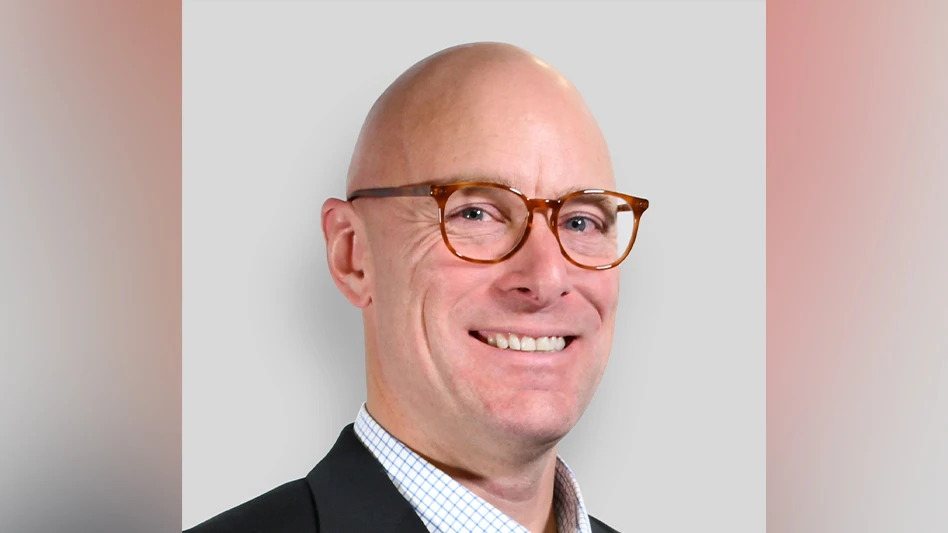In March, Harvard University Professor E.O. Wilson regaled attendees of the PCT Ant Management Summit with sometimes humorous, always insightful, stories about his lifetime love affair with ants, “the most dominant organisms on earth.”
Considered one of the world’s greatest living scientists, Wilson won the Pulitzer Prize for general non-fiction on two separate occasions. First in 1979 for his groundbreaking book On Human Nature, and again in 1991 for The Ants, which he co-authored with colleague Bert Hölldobler.
In an animated 60-minute presentation that transported attendees from the mountains of South America to the deserts of the American Southwest, Wilson discussed the leading role he played in enhancing the world’s knowledge of ants during a career that has spanned more than 50 years.
What can we learn from ants to enhance human society? “Not a thing,” he said. “They’re the most warlike creatures on earth. If they had nuclear weapons the world would end in a week.”
A committed entomologist and lifelong naturalist, Wilson has dedicated much of his energy in recent years to doing what he can to preserve the biodiversity of the planet, urging all who will listen to become “stewards of the living world.”
At a cocktail reception following his keynote address, Wilson chatted with attendees, signed autographs and posed for pictures with PCOs and academics eager to meet the man who Time magazine once called one of “America’s 25 Most Influential People.”
At his core an entomologist, Wilson told attendees he felt at home at the PCT Ant Summit. “You’re part of my tribe,” he said.
Preceding Wilson on the podium was Rick Cooper, technical director of Cooper Pest Control, Lawrenceville, N.J., who said ants have become the industry’s “dominant pest” for a variety of reasons, including changing weather patterns, the emergence of various “tramp ant” species that are more difficult to control, less chemical pressure in the environment, urban sprawl, changing landscape practices, and the loss of effective products. As a result, he said, “Ants are very persistent and challenging pests.”
Fortunately, Cooper said, “As an industry, we’ve become more professional in our approach to ants,” utilizing baits, IPM techniques and innovative new chemistry to control a wide range of ant species. No longer does the industry rely on a “see it, spray it” approach to ant control, he said, but sophisticated treatment techniques designed to take into account the biology and behavior of ants. For instance, today Cooper Pest Control is experiencing control rates of 88 to 90 percent for its carpenter ant jobs, compared to 60 to 65 percent just a few years ago. “That’s a significant improvement,” he said.
Prior to the official opening of the conference, approximately 25 conference attendees were treated to a guided tour of the Orkin Training Center, a state-of-the-art facility featuring a full-sized, furnished home complete with accessible and inaccessible crawlspaces, Plexiglas cutouts illustrating common pest entry points, and a walk-around attic. The Training Center is part of Orkin’s growing commitment to “hands-on” training designed to reflect real-world pest problems.
Other speakers at the PCT Ant Management Summit included Dr. David Oi, Dr. Dan Suiter, Dr. John Klotz, Stoy Hedges, Gary Curl, Gene White, and others.
The title sponsors of the Ant Summit included Bayer Environmental Science and Whitmire Micro-Gen. BASF, DuPont Professional Products, Nisus Corp. and Zoecon were associate sponsors. Affiliate sponsors included Orkin Pest Control and Univar USA.

Explore the May 2004 Issue
Check out more from this issue and find your next story to read.
Latest from Pest Control Technology
- Lindsay Hartnett Honored with First Annual Eco Serve HEARTS Award
- 10 Tips to Prevent Freeze Damage
- Island Conservation Unveils New Branding and Website to Support Global Island Restoration
- Asian Cockroach vs. German Cockroach Identification Tips
- Pest Index Increased 12 Percent YOY in October
- Winter Insects are Cool
- Nancy Troyano on Pi Chi Omega's Jr. Entomology Program Bringing Applied Science to Youth
- Tick-Killing Fungus Research Underway at Nova Scotia University





